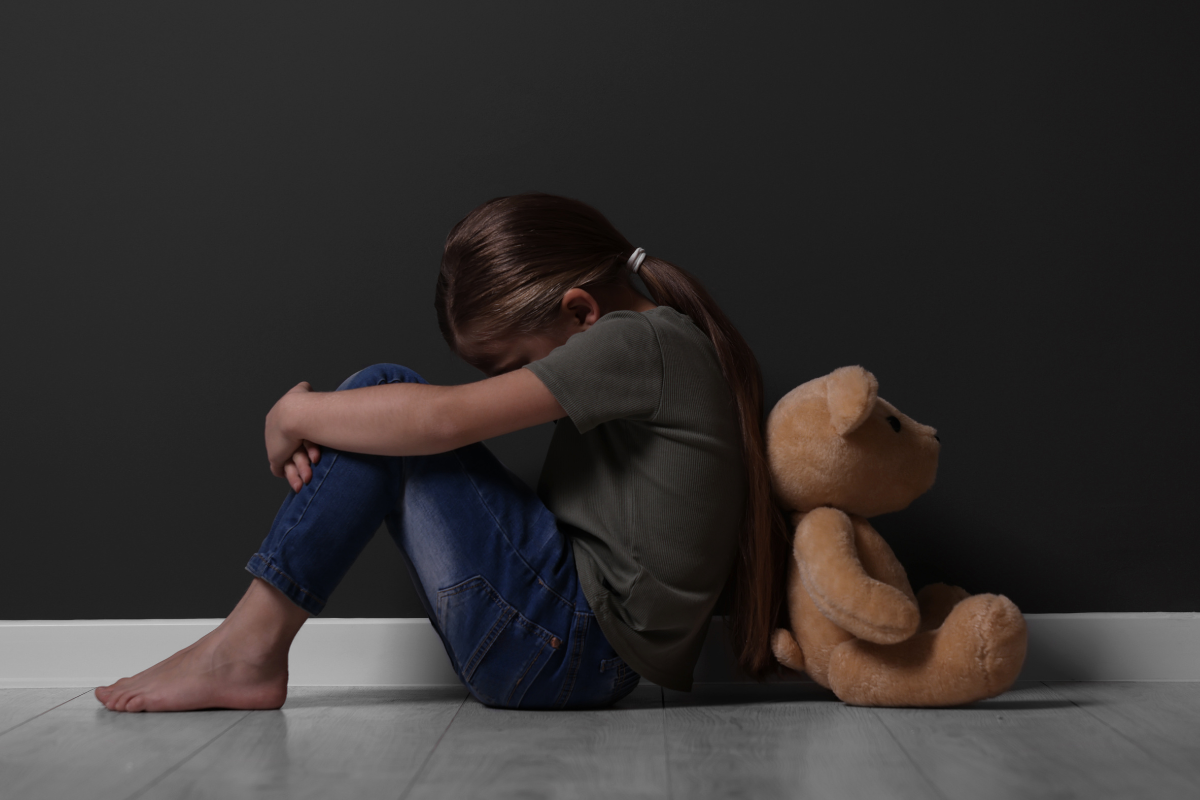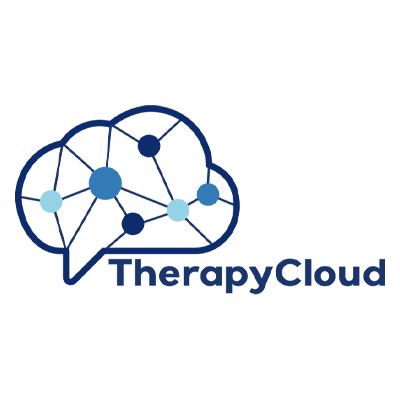The Impact of Childhood Trauma in Adults

Childhood trauma refers to deeply distressing experiences that occur during a person’s formative years and often leave lasting emotional and psychological effects. In the United States, research from the Centers for Disease Control and Prevention (CDC) reports that about one in six adults experienced abuse or neglect before the age of 18, showing how common early trauma is. The impact of childhood trauma in adults can shape emotions, behaviors, and relationships, making it crucial to recognize and address these long-term effects with understanding and professional care.
What Constitutes Childhood Trauma
Childhood trauma encompasses a range of adverse experiences that disrupt a child’s sense of safety and stability. These experiences may involve direct harm, neglect, or ongoing stress within or around the home environment.
Below are the primary categories of trauma commonly observed in mental health practice.
Abuse
Abuse includes physical, sexual, and emotional harm inflicted on a child by a caregiver or trusted figure. Such experiences can leave deep emotional scars and contribute to the lasting effects of childhood trauma in adulthood, including hypervigilance, shame, and fear. Survivors often develop maladaptive coping mechanisms that influence how they respond to stress and relationships later in life.
Neglect
Neglect occurs when a child’s basic physical or emotional needs are not met. This can lead to difficulties in forming healthy attachments and regulating emotions, which are common childhood trauma responses in adults. The absence of consistent care during development can also contribute to low self-esteem and chronic anxiety.
Household Dysfunction
Household dysfunction refers to instability caused by factors such as domestic violence, parental mental illness, substance abuse, or incarceration. Growing up in an unpredictable environment can destroy a child’s sense of trust and security, increasing the risk of anxiety and depressive disorders in adulthood.
Chronic Stress
Long-term exposure to stress, such as living in poverty or experiencing constant conflict, can alter a child’s biological stress response system. Chronic stress primes the body to remain in a heightened state of alert, leading to both psychological and physical health challenges later in life.
How Childhood Trauma Shapes the Developing Brain
Trauma experienced during early development can have a significant impact on both the brain and body. Prolonged exposure to adversity may affect areas of the brain responsible for memory, learning, and emotional regulation, leading to increased sensitivity to fear and stress.
Physiologically, ongoing trauma activates the hypothalamic–pituitary–adrenal (HPA) axis, the body’s central stress response system, keeping it in a constant “fight-or-flight” mode. Over time, this can manifest as fatigue, irritability, and physical symptoms such as headaches or muscle tension. Behaviorally, trauma can lead to emotional instability, difficulty trusting others, and self-protective withdrawal.
The Lasting Effects of Childhood Trauma in Adulthood
Childhood trauma can leave deep emotional and psychological imprints that persist well into adulthood. As leading trauma researcher Bessel van der Kolk explains in The Body Keeps the Score, trauma is not only stored in the mind but also in the body, affecting memory, emotional regulation, and physiological responses. Dr. Van der Kolk emphasizes that understanding these mind-body connections is essential for effective healing. Recognizing these lasting patterns and common symptoms of childhood trauma in adulthood highlights the importance of trauma-informed care and early, compassionate intervention that addresses both psychological and physical effects.
Anxiety
Unresolved trauma can keep both the body and mind in a constant state of alert, leading to chronic anxiety or fear even when no danger is present. This heightened vigilance develops as the brain learns to associate unpredictability with threat. Over time, the ongoing activation of the stress response may cause physical symptoms such as heart palpitations, headaches, and sleep problems.
Depression
Depression is one of the most common symptoms of childhood trauma in adulthood, often stemming from early experiences of abuse, neglect, or prolonged stress. These unresolved emotions can lead to persistent sadness, fatigue, and a loss of motivation or interest in daily life. Without the right therapeutic support, depression can deeply affect emotional well-being and make it difficult to maintain a sense of balance and purpose.
PTSD
Many survivors of childhood trauma develop Post-Traumatic Stress Disorder (PTSD) later in life. PTSD can be linked to a single traumatic event or a prolonged or repeated trauma such as ongoing abuse, neglect, or chronic instability.
Common symptoms that may indicate PTSD include:
- Recurrent flashbacks or intrusive memories of traumatic experiences
- Nightmares or disturbed sleep related to past events
- Emotional numbness or a sense of detachment from self or others
- Persistent feelings of shame, guilt, or anger
- Difficulty regulating emotions or maintaining stable relationships
Substance Use
The study “Patterns of Adverse Childhood Experiences and Problematic Health Outcomes Among US Young Adults: A Latent Class Analysis” found that adults with high Adverse Childhood Events (ACE) exposure were significantly more likely to use tobacco and cannabis, engage in hazardous cannabis use, and experience depression and anxiety, highlighting the strong link between childhood trauma and substance use in adulthood. Although these substances may provide temporary relief, they often lead to dependency and worsen mental and physical health.
Relational Difficulties
One of the most significant childhood trauma responses in adults is difficulty building and maintaining healthy relationships. Early experiences of betrayal or neglect can disrupt trust and make emotional closeness feel unsafe. These patterns often repeat throughout life until they are recognized and addressed through therapy.
Healing Through Therapy: Your Path to Recovery
Healing from childhood trauma in adults requires compassionate support and approaches that address both emotional and psychological recovery. Many individuals benefit from evidence-based methods such as Cognitive Behavioural Therapy (CBT), EMDR (Eye Movement Desensitization and Reprocessing), and mindfulness-based therapy, which can help process painful experiences and promote emotional balance. By addressing the psychological and physical effects of trauma, therapists help individuals break free from old patterns, rebuild resilience, and regain control of their lives.
If you or someone you care about is experiencing the effects of childhood trauma in adulthood, TherapyCloud gives you access to resources and licensed therapists dedicated to improving mental health.
Find a therapist today to start your journey toward recovery.




.png)